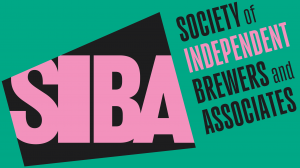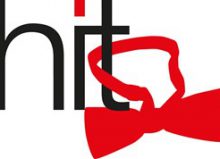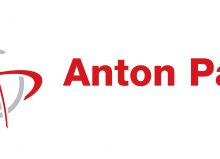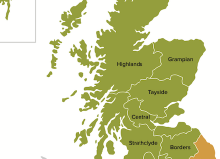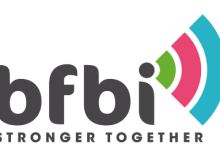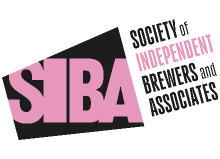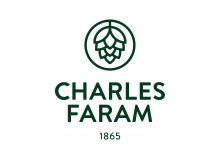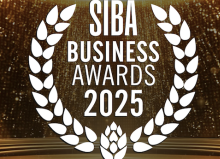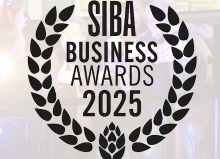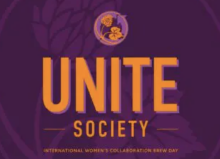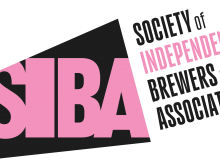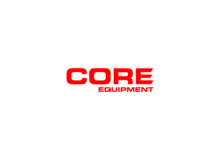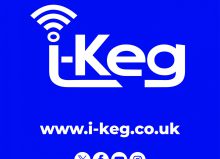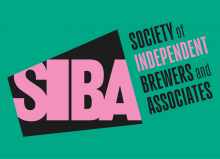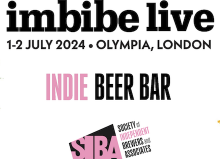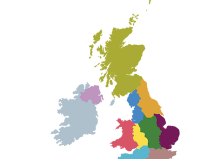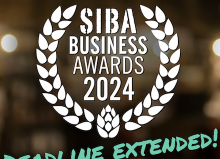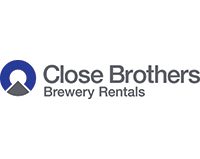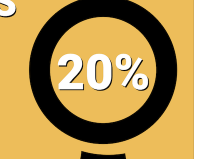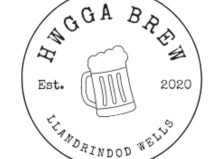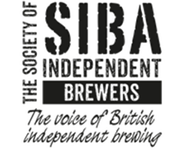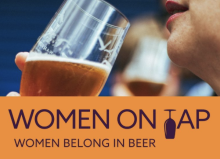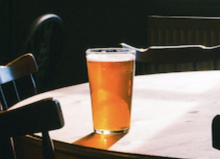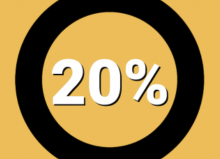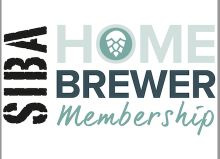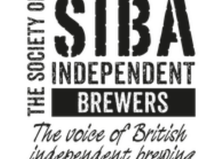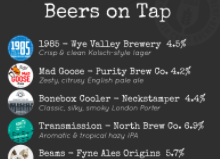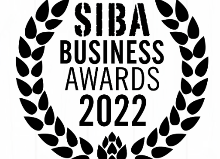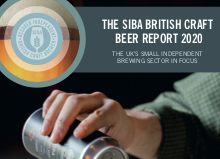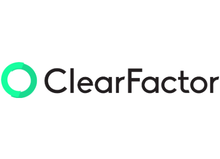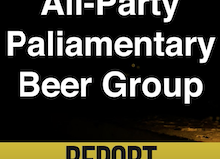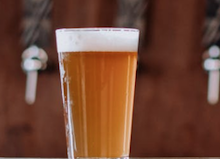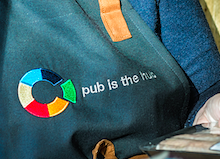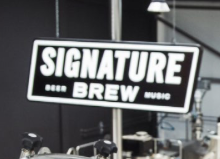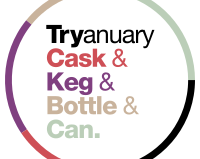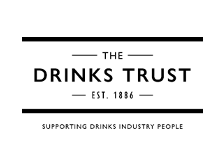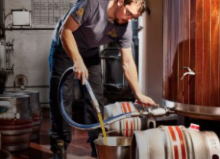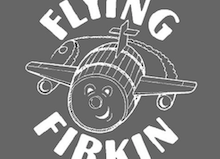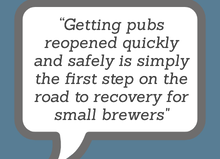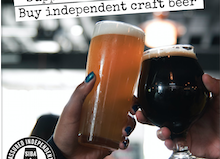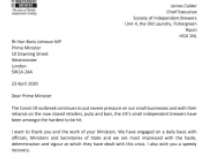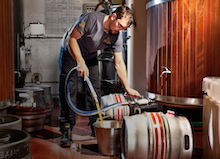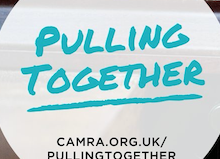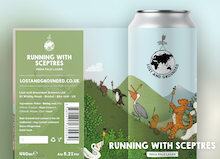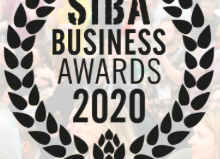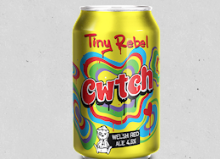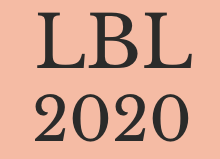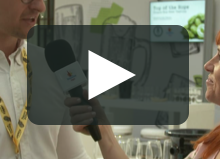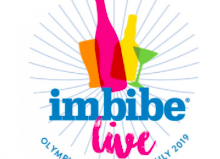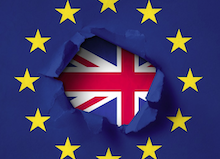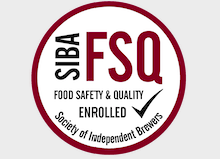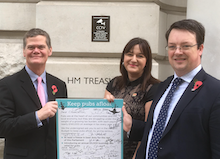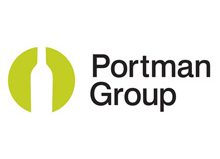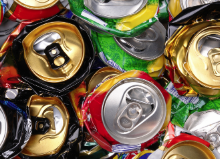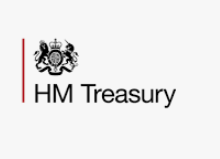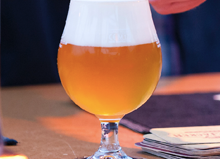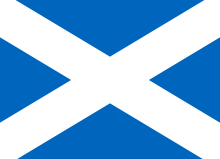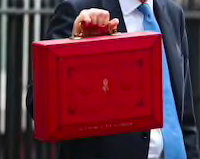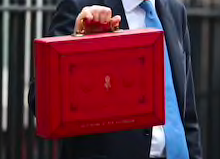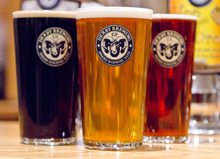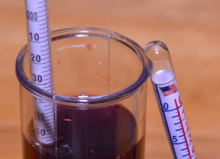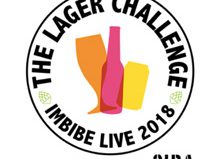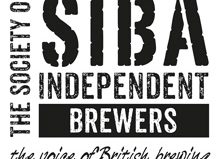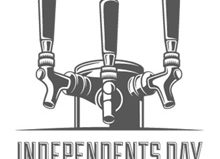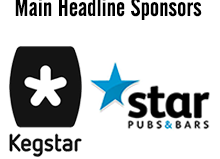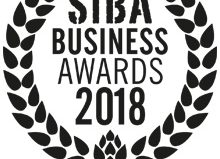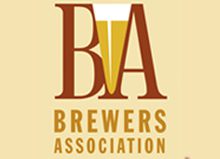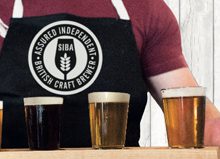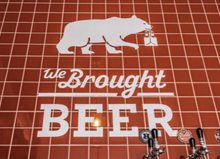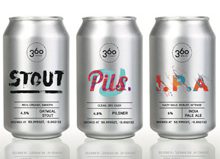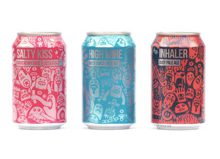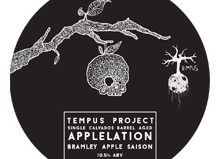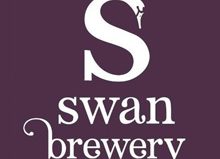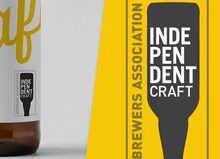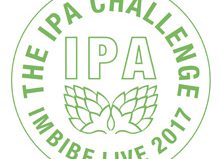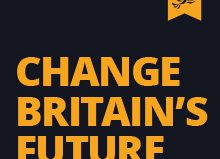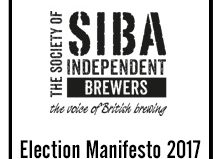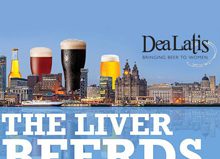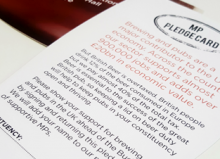Preparing for the end of the transition period

 The transition period with the EU will end in December 2020. From 1 January 2021, new customs rules will come into force and brewers that export need to make a number of changes. These will come into force even if there is a new trade agreement with the EU.
The transition period with the EU will end in December 2020. From 1 January 2021, new customs rules will come into force and brewers that export need to make a number of changes. These will come into force even if there is a new trade agreement with the EU.
Brewers will need to make sure they get an EORI number, consider appointing a customs intermediary or make sure you have all the skills and requirements to do customs declarations yourself.
There’s also changes to labelling and new glassware requirements. Brewers who employ EU nationals or intend to do so should also be aware of the new immigration changes. The Government has produced a series of videos and guides which can be viewed here. You can also create a personalised tracker to help you prepare.There are also several grants available for training and IT.
If you move goods between the GB and NI there will be changes under the Northern Ireland Protocol. Sign up to the Trader Support Service for assistance.
Click here for the presentation given by HMRC to SIBA members.
1. Get an EORI number
- You will need an Economic Operator Registration and Identification (EORI) number that starts with GB to export goods, It can take up to a week to get one.
- From 1 January 2021 you’ll need an EORI that starts with XI to move goods between NI and non-EU countries, make a declaration in NI or get a customs decision in NI. To get one you will already need an EORI number with starts with GB.
2. Prepare for customs declarations
- From 1 January 2021, exports of beer from GB to the EU will be treated the same as exports to the rest of the World.
- To move goods between Ireland and NI there are different rules.
- You may want to consider appointing a customs intermediary to meet the new requirements. HMRC has made funding available for businesses under the Customs Grant Scheme.
From 1 January 2021 for exports to the EU:
- Submit an electronic export declaration. If you’re exporting excise duty paid goods, you may be able to recover the duty by claiming drawback. You will need an EORI number and have applied to CHIEF – the IT system used by HMRC. Further information here.
- You cannot use the Excise Movement and Control System (EMCS) to export duty suspended goods directly from GB to the EU.
- If you move excise duty suspended goods to a place of export from GB you must use EMCS. You will either have to ensure the authorised warehousekeeper declares the movement on EMCS when the goods are held in excise duty suspension or appoint a registered consignor when the goods are being released from a customs control for re-export.
Furrther information:
3. Classify your goods
- Make sure you know how to do this and how to evidence its origin.
- If you appoint a customs intermediary they will be able to assist.
- More information – https://www.gov.uk/guidance/claiming-preferential-rates-of-duty-between-the-uk-and-eu-from-1-january-2021
4. Alter your labels
- You should check with your EU importer about the specific requirements.
- Products placed on the EU market before 1 January 2021 can continue to circulate in the market without labelling changes.
- Beer must have an EU or NI address for the Food Business Operator (FBO) or an address of the EU or NI importer on the packaging or label.
- You may continue to use the EU organic logo on GB organic food until 31 December 2023.
- You must not use the EU emblem and products from GB must not be labelled as ‘origin EU’ (unless in NI where it can continue. Where EU law requires NI should use ‘UK(NI) or United Kingdom (Northern Ireland)).
- Read more about labelling here.
5. Check your pallets
- From 1 January 2021 it will be a legal requirement for all wood packaging material moving in both directions to be compliant with a treatment and mark as specified in the international standards (ISPM15). This means that pallets must be heat treated.
- Further information has been provided by Timcon here.
6. Be aware of immigration changes
- A new points based system will apply to new applicants from the EU (excluding Ireland) from January 2021.
- You should support and communicate with existing EU workforce about the need to apply under the EU Settlement Scheme. It is free to apply to the scheme and the deadline for applying is 30 June 2021.
- Employers will need to have a sponsor licence to recruit any worker from outside the UK, including EU, EEA and Swiss citizens. Further guidance can be found here.
7. Moving hops and hop products
- For hops produced in GB, hops certification centres must remove all EU branding and only certified hops from GB can be blended in the manufacture of powder and extracts.
- Those imported into GB until 30 June 2021 must have certain documents and from 1 July 2021 will require a GB AoE.
- If exporting hops to the EU, you must comply with EU third country requirements.
- Further information – https://www.gov.uk/guidance/hops-and-hops-products-marketing-standards
8. Prepare for glassware changes
- A new UK Conformity Assessment is being introduced for goods being placed on the GB market and the new UKCA logo will be used from 1 January 2021.
- For most products manufacturers can continue to use the CE mark or both the CE and UKCA mark until 31 December 2021.
- Brewers should ensure that all of the new glassware carries the UKCA mark as soon as possible after January 2021.
- In Northern Ireland products must continue to be CE marked.
